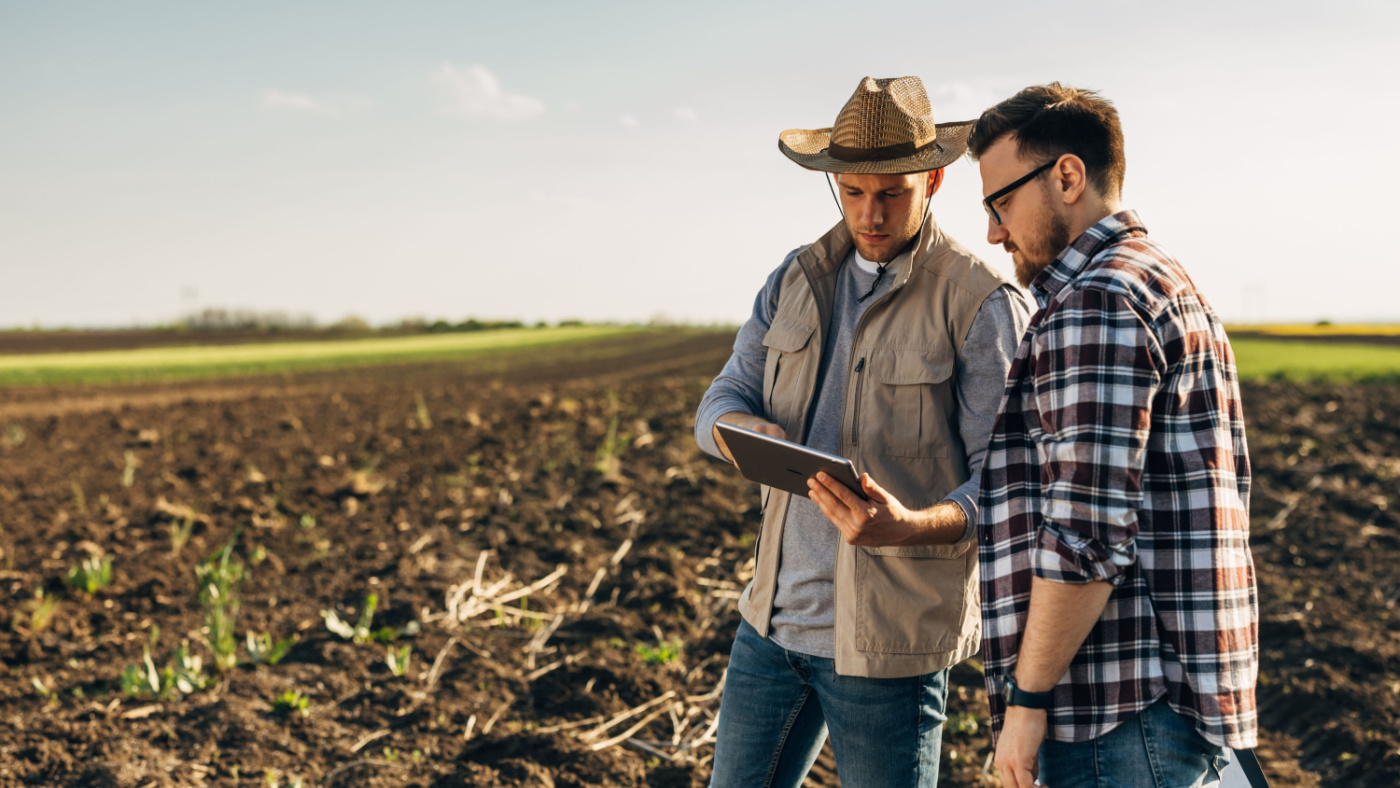Agronomists spend a lot of time during the growing season in plots and scouting crops. Nebraska-based LG Seeds Agronomist Mark Grundmayer says he spends the winter reflecting on what he learned to help farmers advance yields in 2024.
“We spent probably the last two, two and a half months, reviewing some plot data, conversations with dealers and growers to find out what worked well, what didn’t work well, and that gives us a chance to address any concerns that they had in ‘23 to make ‘24 another successful year, and maybe change up our product offerings if they had any particular issues that they need to deal with.”
Grundmayer encourages farmers to take this time to reflect on how crops did in 2023 and address issues they encountered.
“I always encourage growers to evaluate their scouting notes and their yield maps to address those problems that they had in ‘23. I know we had significant rootworm issues in quite a few areas; a little more pressure than what was expected. That gives everybody a chance to address that problem while we can address it before we plant the crop to be more successful in controlling that. We can also deal with any disease issues that may have been present in ‘23 and work through our product selections accordingly to pick the best products that we can.”
While farmers in the West have seen multiple years of drought conditions, Grundmayer encourages them to plan for a successful crop season.
“Last year, in the face of some seriously dry weather, we had quite a few growers contemplating cutting back on how much nitrogen or fertilizer was applied, cutting back their seeding rates and just trying to bare bone their inputs as much as they can. I think one thing we learned last year was we were one good rain away from harvesting some good crops on both corn and soybeans. In my opinion, my experience, that if you plan for disaster, there’s a pretty good chance that’s what you’re going to get when you’re all done.”
No two growing seasons are the same, which is why Grundmayer emphasizes the importance of genetic diversity when making seed decisions.
“Genetic diversity gives us a chance to help growers mitigate as much risk as they can, from flowering dates, heat tolerance, stress tolerance, moisture stress tolerance, early season vigor, late season stock quality; it’s one of the first and probably the easiest tool that we can use to help mitigate risk, which is one thing that all growers need to be really good at every year.”
For support reaching your yield goals, reach out to your local LG seeds agronomist or visit LGSeeds.com.


